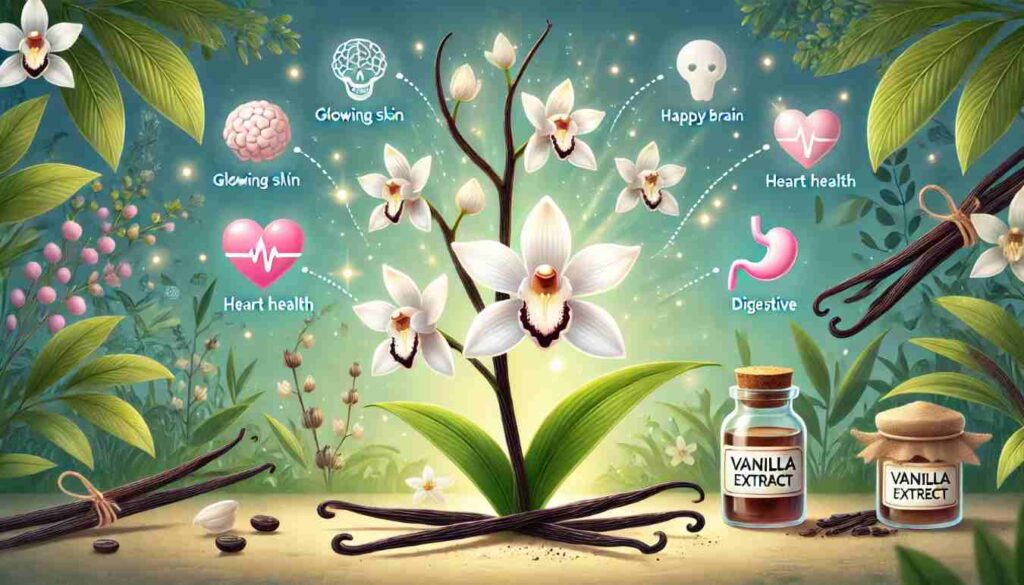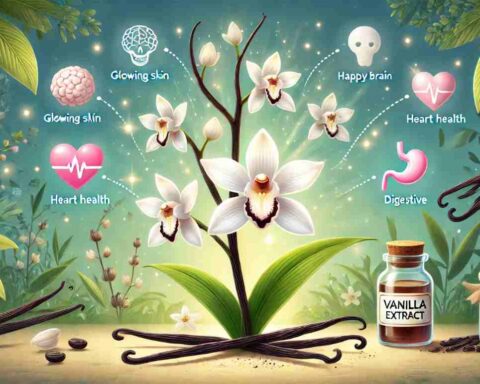In recent years, cannabis has gained popularity for its medicinal and recreational benefits. With growing interest in the cannabis plant, many people are learning more about its various chemical compounds, especially THCa and THC.
Understanding THCa and THC: What’s the Difference?
Before we dive into the conversion process, it’s essential to understand the difference between THCa and THC. Both are compounds found in the cannabis plant, but they have distinct properties and effects.
THCa is the acidic precursor to THC. It exists in raw cannabis and has no psychoactive effects. In its natural form, THCa does not bind to cannabinoid receptors in the brain, meaning it does not produce the “high” associated with cannabis consumption.
THC, on the other hand, is the active compound that causes the psychoactive effects of cannabis. It is produced when THCa undergoes a chemical change known as decarboxylation. This process removes a carboxyl group from the THCa molecule, which converts it into THC.
What Happens When You Smoke Cannabis?
Smoking cannabis is a popular method of consumption, and it’s important to know how smoking affects the cannabinoids in the plant.
When you smoke cannabis, the heat from the flame causes a chemical reaction that decarboxylates the THCa into THC. This process is crucial because, without it, the cannabis you consume will not have the same psychoactive effects.
Does Smoking THCa Convert It to THC?
Yes, smoking THCa does convert it to THC. Here’s how it works:
The Decarboxylation Process: The heat generated from smoking cannabis activates decarboxylation. When cannabis is smoked, the temperature reaches a point where the THCa molecule loses its carboxyl group (a CO2 molecule). This transformation changes THCa into THC, which is the compound responsible for the “high” that cannabis users experience.
Effect of Smoking Temperature: The process of decarboxylation occurs at temperatures between 220°F (104°C) and 250°F (121°C), which is easily reached when smoking cannabis. The flame or the heat from a lighter is more than enough to trigger this reaction, converting THCa into THC.
Instant Conversion: Unlike edibles, which require longer cooking times to decarboxylate THCa, smoking provides an immediate decarboxylation process. The heat from the flame rapidly decarboxylates the THCa, and THC is produced as a result. This is why smoking cannabis results in a faster onset of effects compared to other methods of consumption.
The Role of Heat in Converting THCa to THC
While heat is the primary factor that facilitates the decarboxylation of THCa into THC, the degree of heat matters. If cannabis is heated too quickly or unevenly, it could potentially degrade the cannabinoids, reducing their potency.
On the other hand, if cannabis is not heated enough, not all of the THCa will be converted into THC.
Thus, smoking cannabis at an optimal temperature ensures that most of the THCa is converted into THC, maximizing the psychoactive effects.
This is one reason why smoking cannabis is such an efficient method of consuming THC because the process of decarboxylation happens rapidly under high heat.
Does Smoking THCa Have Any Benefits?
While smoking THCa may not directly produce a high, it still has potential benefits. THCa itself has been researched for its anti-inflammatory, neuroprotective, and anti-nausea properties. Some cannabis users may prefer to consume THCa for its potential therapeutic benefits without the psychoactive effects of THC.
However, smoking THCa is not the most efficient way to benefit from its medicinal properties, as smoking still converts it into THC.
If you are looking to experience the benefits of THCa without the psychoactive effects, there are alternative methods of consumption, such as using raw cannabis in smoothies or juicing.
Can THCa Be Consumed Without Smoking?
Yes, THCa can be consumed without smoking, and many people prefer non-psychoactive options. Some of the methods of consuming THCa without turning it into THC include:
Raw Cannabis Juices and Smoothies: By consuming raw cannabis leaves or flowers, you can ingest THCa without decarboxylating it into THC. This allows you to take advantage of the medicinal properties of THCa while avoiding the psychoactive effects of THC.
Tinctures and Topicals: Some cannabis tinctures and topicals are made using raw cannabis, preserving the THCa. These products can provide therapeutic effects without causing intoxication.
Vaporizing: Another method of consuming cannabis is vaporization, which allows for more control over the temperature. If the cannabis is not heated to the point where decarboxylation occurs, THCa can remain intact.
Does the Conversion of THCa to THC Affect the Potency of Cannabis?
Yes, the conversion of THCa to THC can affect the potency of cannabis. When cannabis is smoked, the decarboxylation process activates the psychoactive effects of THC.
As a result, smoking cannabis increases the THC content in the bloodstream, making the effects more pronounced and immediate.
However, the amount of THC produced depends on how much THCa is present in the cannabis. Different strains of cannabis have varying amounts of THCa, which means the THC levels will vary from strain to strain.
This is why cannabis potency is often measured by THC levels, and smoking cannabis can significantly impact the effects depending on the THC content.
Can You Smoke Cannabis Without Converting THCa?
Technically, it is possible to consume cannabis without converting all of the THCa into THC, but it would require extremely low temperatures. In most smoking methods, like using a lighter or joint, the heat is sufficient to cause decarboxylation and produce THC.
If you use a method that allows for precise temperature control, such as vaporizing at a low temperature, you might be able to avoid decarboxylation and preserve THCa. This could be useful for those seeking the benefits of THCa without the high.










